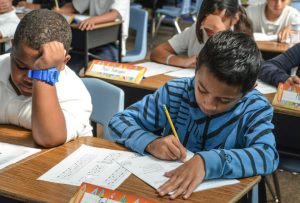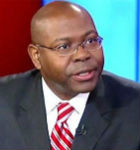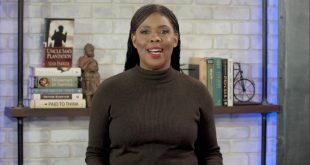 The title alone of a new report on the fallout, “School Discipline Reform and Disorder,” might tell you all you need to know. The author, Max Eden of the Manhattan Institute, notes that 27 states and more than 50 of the country’s largest school districts have moved to reduce suspensions in recent years, often to the dismay of those on the front lines. A Chicago teacher said her school became “lawless” after the new discipline policy was implemented. A teacher in Oklahoma City said “we were told that referrals would not require suspension unless there was blood.” A Buffalo teacher who was kicked in the head by a student said his charges are well aware of the new policy. “The kids walk around and say ‘We can’t get suspended—we don’t care what you say.’ ”
The title alone of a new report on the fallout, “School Discipline Reform and Disorder,” might tell you all you need to know. The author, Max Eden of the Manhattan Institute, notes that 27 states and more than 50 of the country’s largest school districts have moved to reduce suspensions in recent years, often to the dismay of those on the front lines. A Chicago teacher said her school became “lawless” after the new discipline policy was implemented. A teacher in Oklahoma City said “we were told that referrals would not require suspension unless there was blood.” A Buffalo teacher who was kicked in the head by a student said his charges are well aware of the new policy. “The kids walk around and say ‘We can’t get suspended—we don’t care what you say.’ ”
Mr. Eden’s report isn’t just a collection of anecdotes. It also includes plenty of empirical data that point to a change for the worse in school order. In New York City, home to the nation’s largest school system, suspensions rose steadily between 2002 and 2011 under former mayor Michael Bloomberg, whose policies targeted disruptive students in the most violent schools. But Mr. Bloomberg softened his position somewhat in 2012 for first-time offenders, and his successor, Bill de Blasio, who assumed office in 2014, has made it much more difficult to suspend even those students who’ve committed repeated infractions.
Following the implementation of these reforms, school suspensions in New York fell by nearly 50%, but survey data of students, teachers and parents show that the learning climate in many schools has suffered.
Read the full article at the Wall Street Journal.
 Jason Riley, a member of The Wall Street Journal Editorial Board, is the author of Stop Helping Us: How Liberals Make It Harder for Blacks to Succeed.
Jason Riley, a member of The Wall Street Journal Editorial Board, is the author of Stop Helping Us: How Liberals Make It Harder for Blacks to Succeed.
 CURE News and Clergy Blog News and Commentary for Christians
CURE News and Clergy Blog News and Commentary for Christians



